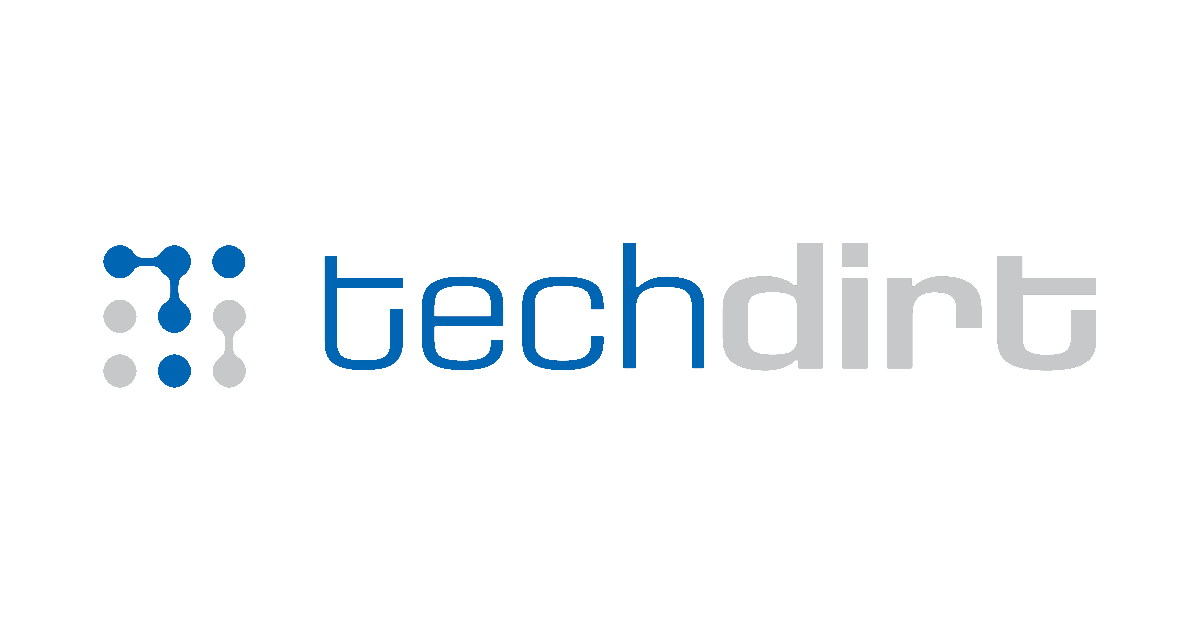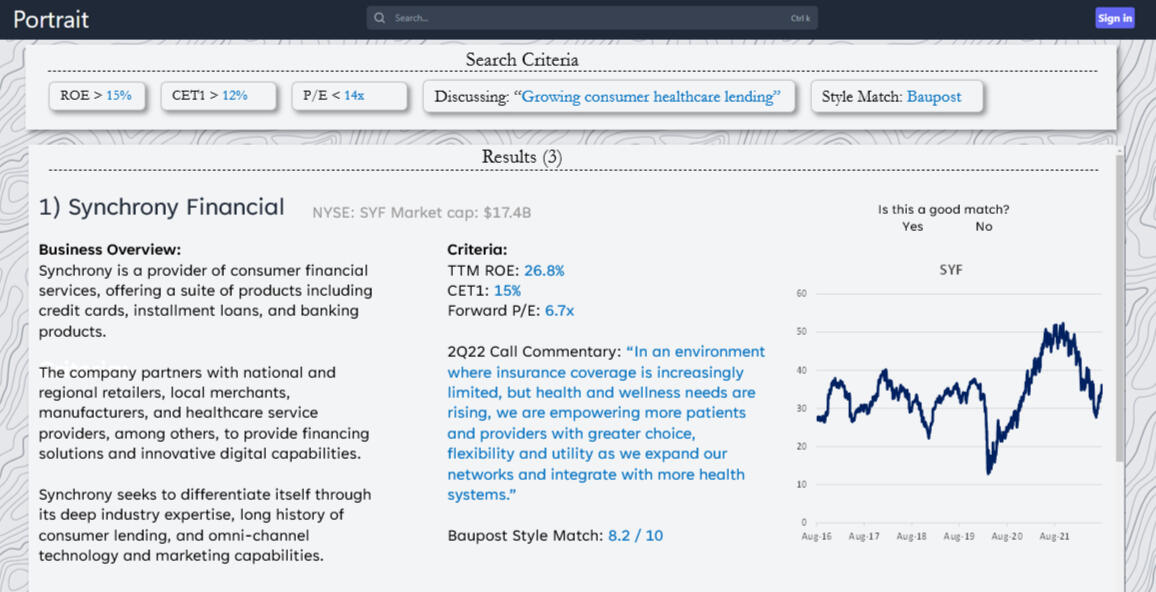from the you’ve-never-actually-set-foot-in-the-api-market,-have-you? dept
When Elon Musk moved to take over Twitter, Jack Dorsey, who endorsed the deal, talked to him about making the site more open, specifically turning it into a protocol that anyone could build on. This would have been a good plan. Indeed, it’s one that seems to now be gaining traction for basically every company not named Twitter. Elon Musk, however, went the other direction entirely.
Rather than opening up its systems to third party developers, Elon has pulled the API from many, told developers that no client apps were allowed, and revoked free access to the API. There has been a ton of speculation around the API pricing, which had been promised in early February, but kept getting pushed off. Musk had suggested a $100/month fee would make sense. However, it appears that the $100/month API will have very, very, very limited functionality.
Of course, academics, who have long relied on Twitter’s free API to do all sorts of useful research regarding the platform, were also quite concerned about what this would mean for them. And, it looks like they were right. Twitter is now pitching academics and enterprises on API access… that will run a mere $42,000 per month.
That’s for the cheapest tier.
Small package, indeed.
This seems, a bit, well, out of touch concerning how many users, especially academics, use the current API.
The cheapest, Small Package, gives access to 50 million tweets for $42,000 a month. Higher tiers give researchers or businesses access to larger volumes of tweets—100 million and 200 million tweets respectively—and cost $125,000 and $210,000 a month. WIRED confirmed the figures with other existing free API users, who have received emails saying that the new pricing plans will take effect within months.
“I don’t know if there’s an academic on the planet who could afford $42,000 a month for Twitter,” says Jeremy Blackburn, assistant professor at Binghamton University in New York and a member of the iDRAMA Lab, which analyzes hate speech on social media—including on Twitter.
It’s a choice. But it seems like a choice from someone who still doesn’t understand how third parties add much of the value to Twitter. Cutting them all off, and thinking that you’ll actually make revenue by massively overcharging for API access is, well, a choice. But seeing as the lack of API will do so much harm to users, it seems like it makes it even less valuable even for those who have the means to pay.
Once again, it seems to be decision making based on desperation for revenue, and not for any sort of strategic, long-term thinking on what would be best for the site and its users.
Filed Under: academics, api, elon musk
Companies: twitter
Source link











Leave a Reply